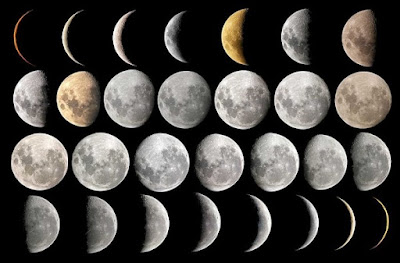translated by Julie Steiner
 |
| Source: IranCartoon |
Trump Tries to Make Sure States Don’t Fight Climate Change, Either: The Trump administration wants to block states from trying to limit the “astounding” costs and impacts of climate change. “This seems to be part of a larger effort to not only do nothing when it comes to climate change but to actively dismantle the climate science and climate accountability enterprise that is being built in response to the costs of climate change that are manifesting in everyone’s daily lives,” says Justin Mankin, a climate scientist at Dartmouth College. —Rolling Stone, May 24, 2025
If I were fire, I’d scorch the world all over.
If I were wind, I’d blast its storm-wracked ground.
If I were water, I’d make sure it drowned.
If I were God, I’d give it Hell forever.
If I were Pope, I’d gleefully endeavor
to prank all Christians, just to mess around.
If I were Emperor—what then? You’ve found
the answer: I’d behead all sorts, whoever.
If I were death, I’d give my dad a visit.
If I were life, I’d turn from him and scram.
And how I’d treat my mom’s no different, is it?
If I were Cecco—as I’ve been, and am—
I’d take the younger women, the exquisite,
and leave for other men each vile old ma’am.
Italian Original:
S’ i’ fosse foco, ardere’ il mondo ;
s’ i’ fosse vento, lo tempesterei ;
s’ i’ fosse acqua, io l’ anegherei ;
s’ i’ fosse dio, mandereil en profondo ;
s’ i’ fosse papa, sare’ alor giocondo,
chè tutt’ i cristïani imbrigherei ;
s’ i’ fosse ’mperator, sa’ che farei ?
a tutti mozarei lo capo a tondo.
S’ i’ fosse morte, andarei da mio padre ;
s’ i’ fosse vita, fugirei da lui ;
similmente faría di mi’ madre.
S’ i’ fosse Cecco com’ i’ sono e fui,
torrei le donne giovani e legiadre :
e vecchie e laide lasserei altrui.
Francesco ("Cecco") Angiolieri corresponded with Dante Alighieri, and addressed one of his 120 extant sonnets to him. Most of his work is humorous.













